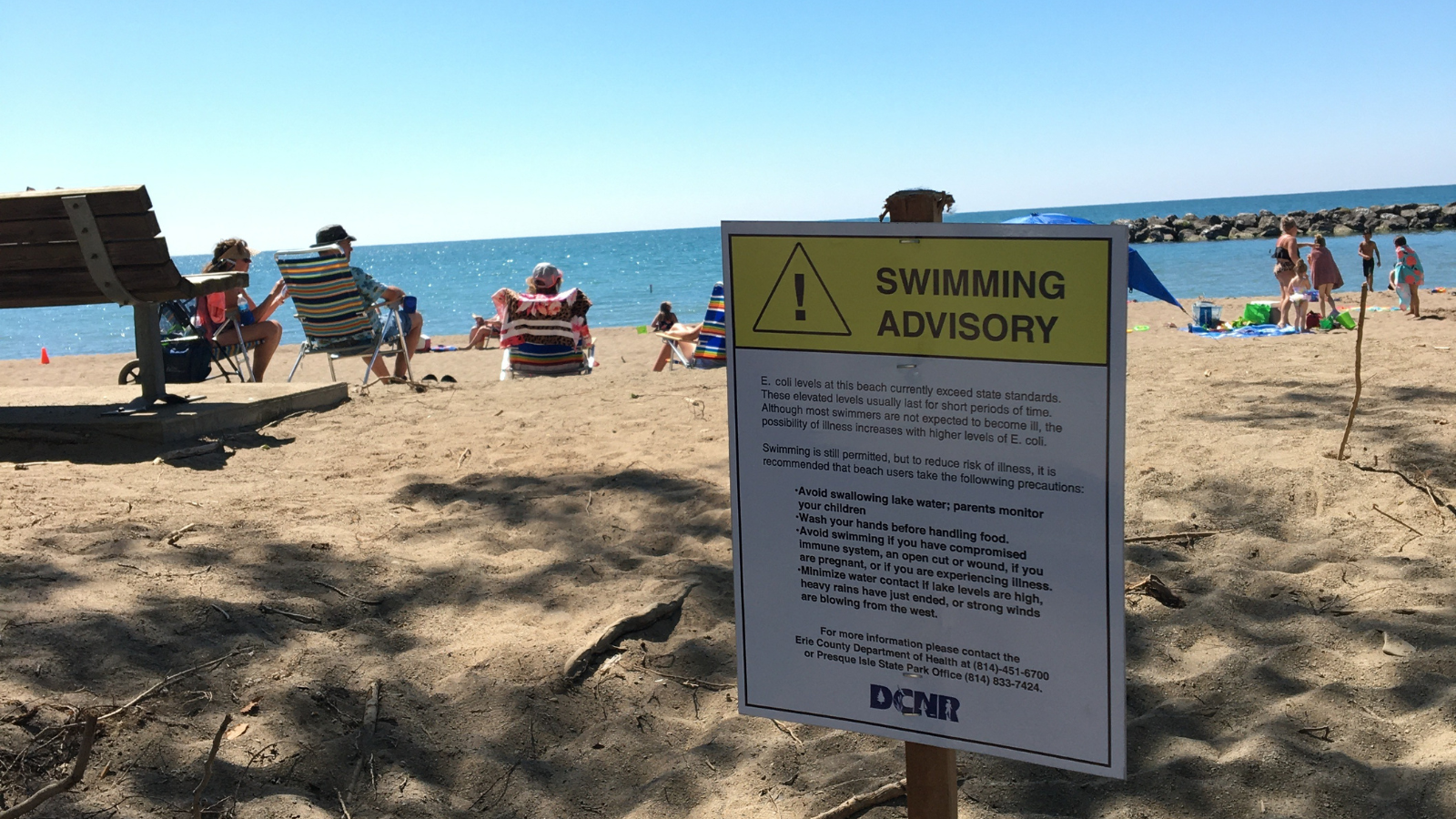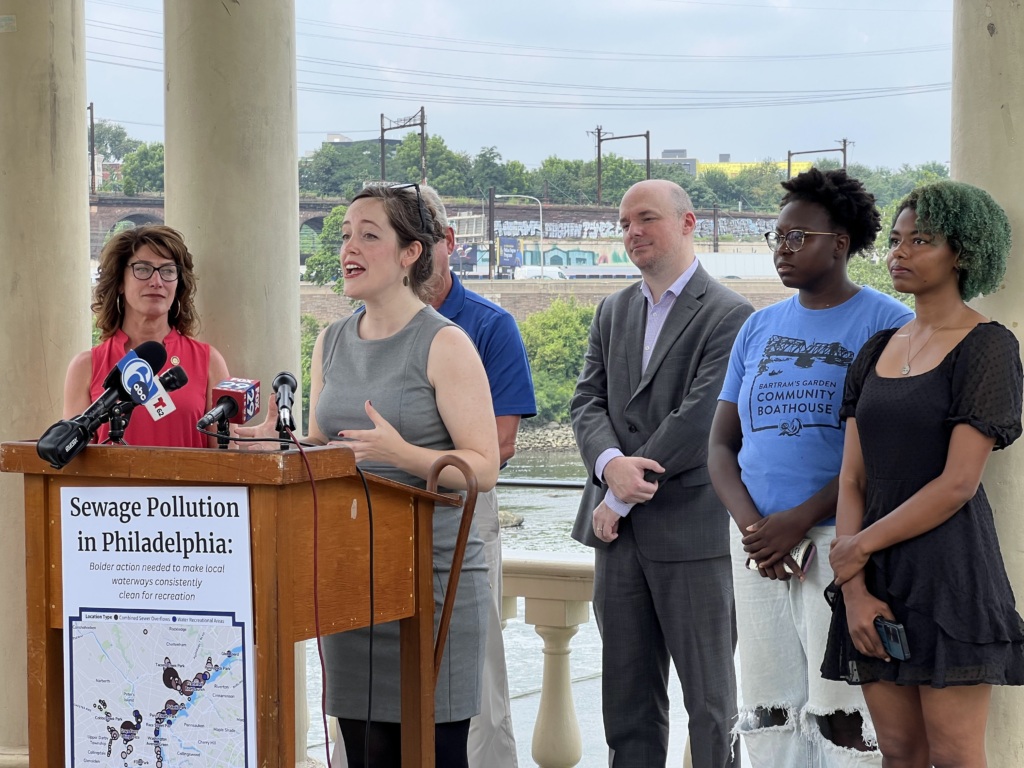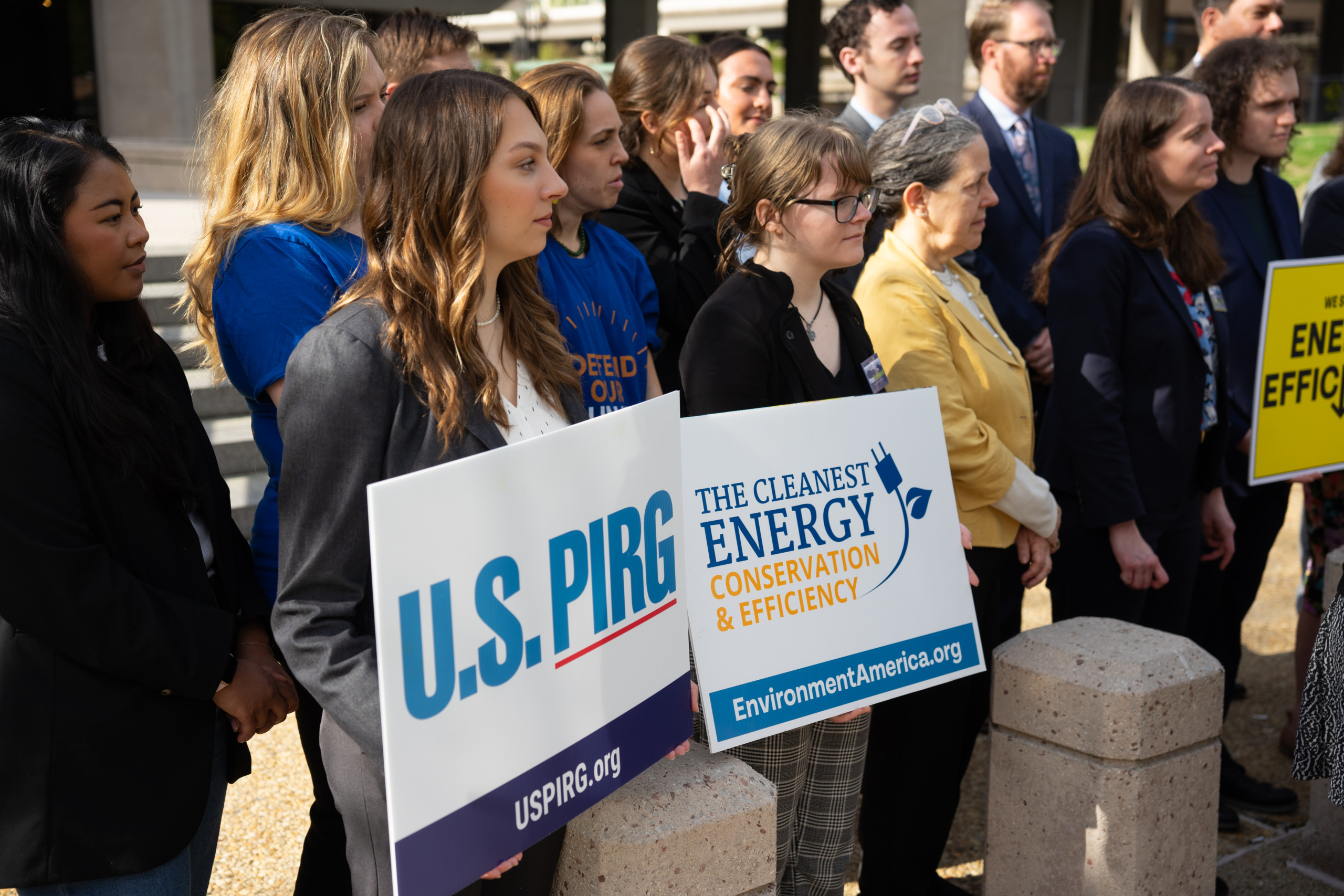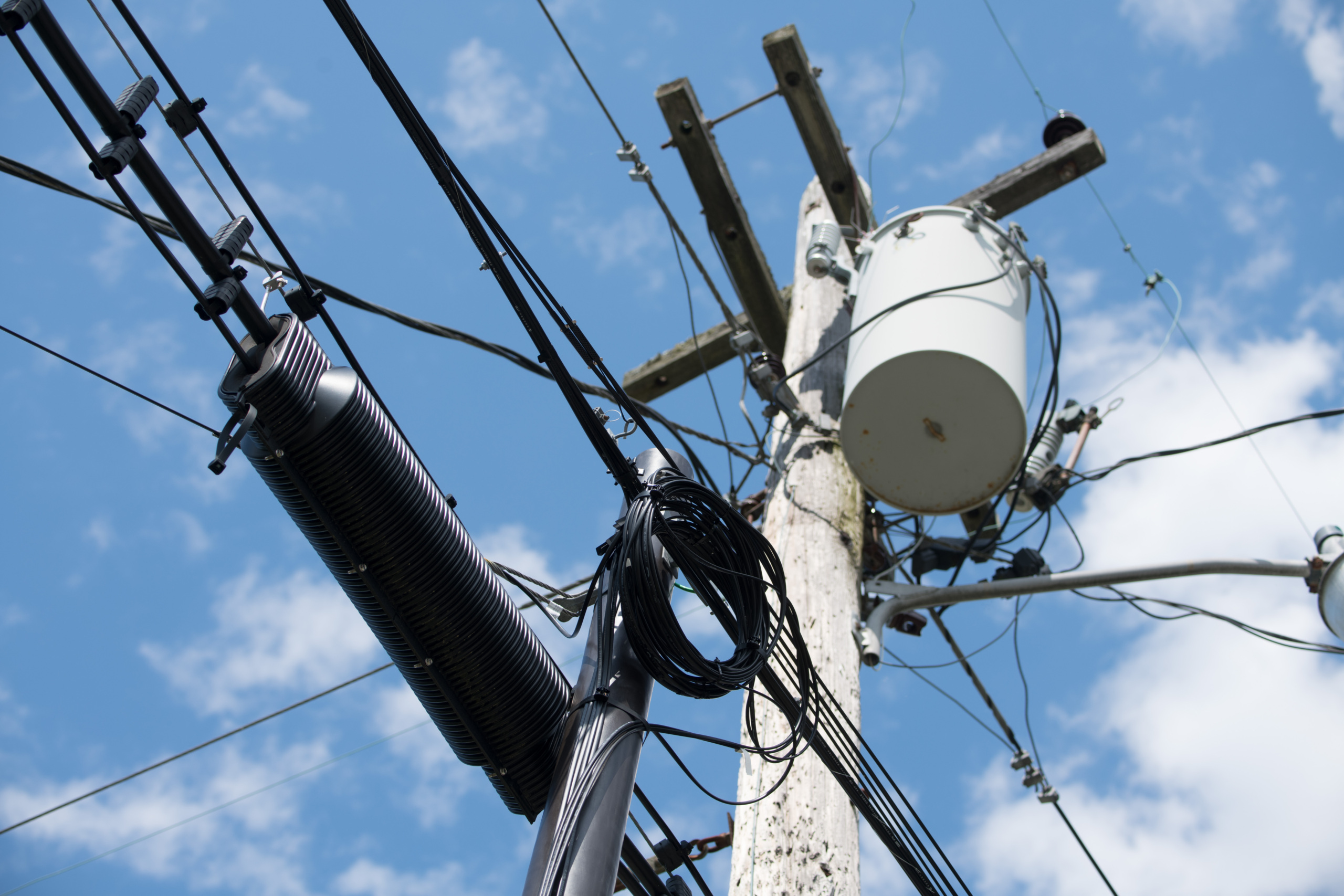
Swimming, Sewage Pollution & Solutions
This summer, PennEnvironment published two new studies examining water pollution in Pennsylvania’s rivers, lakes and streams.

This summer, PennEnvironment published two new studies examining water pollution in Pennsylvania’s rivers, lakes and streams.
Safe for Swimming? looks at pollution plaguing many of Pennsylvania’s most beloved beach destinations like Lake Erie and the Jersey Shore, and Sewage Pollution in Philadelphia uncovers the massive amount of untreated sewage pollution dumped into the Delaware and Schuylkill rivers each year.
Philadelphia: 15 billion gallons of raw sewage dumped into rivers each year
On July 20th, PennEnvironment’s Clean Water and Conservation Advocate, Stephanie Wein, released our Sewage Pollution in Philadelphia report and interactive map.
Our study found that the Philadelphia Water Department (PWD) releases 15 billion gallons of untreated sewage into the city’s rivers and streams each year. At the same time, our report showed that not all sewer pipes releasing raw sewage by PWD into Philly’s rivers and streams are equal: out of PWD’s 164 discharge pipes, the worst 10 account for roughly 50 percent (7.5 billion gallons) of this pollution. Lastly, our study showed that all of this untreated sewage contributes to the fact that pollution levels in the Delaware and Schuylkill rivers are so high that they are unsafe for boating, swimming or other recreational activities for an average of 128 or more days each year.
Our findings and map have already reached a wide audience, with coverage including the Philadelphia Inquirer, WHYY, KYW, PhillyVoice, Fox 29, ABC 6, NBC 10 and CBS 3.

Center: PennEnvironment’s Clean Water & Conservation Advocate, Stephanie Wein, briefing the press about the Sewage Pollution in Philadelphia report joined by (L-R) State Representative Mary Isaacson, Tim Dillingham, Executive Director of the American Littoral Society; Adam Nagel, Political Director at PennFuture; Valerie Onifade, River Program Coordinator at Bartram’s Garden & Ammarava Mika-El, Education Fellow at Bartram’s Garden.Photo by staff | TPIN
Erie: Are local beaches safe for swimming?
In mid-July PennEnvironment’s Deputy Director, Ashleigh Deemer, released our Safe for Swimming? report at beautiful Presque Isle State Park in Erie, Pennsylvania. Unfortunately, our study showed that most of Pennsylvania’s Lake Erie beaches face significant pollution problems. In fact 3 popular Presque Isle State Park beaches exceeded the EPA’s safety levels for bacteria on at least 25% of the days they were tested.
To inform the public, we held a news conference on July 11th to release our findings on the shores of Lake Erie. The report was widely covered by Erie media including Erie Times-News and WJET / YourErie.com.
Simple and common sense solutions at our fingertips
While it’s critically important that we educate Pennsylvania’s residents and opinion leaders about the threats facing our iconic waterways like Lake Erie and the Delaware and Schuylkill rivers, at PennEnvironment we think it’s equally important to offer a blueprint of solutions going forward that can help remedy these significant pollution problems. To leave a legacy of waterways that are safe for fishing, swimming and boating all across Pennsylvania, our reports made the following recommendations:
- City and municipal officials across Pennsylvania must dramatically accelerate and expand efforts to stop the discharge of untreated sewage into local waterways.
- State and federal officials must enforce pollution limits for sewage treatment plants, and clamp down when they find sewage treatment plants violating their clean water permits.
- Expand and improve beach testing to identify beaches where pollution puts public health at risk and ensure the safety of the public.
- Federal and state officials must ensure that Pennsylvania’s local communities and water departments have adequate funding and access to the resources it will take to ensure a clean and healthy waterways all across the Keystone State.
While tackling aging sewage infrastructure is a big task, the Bipartisan Infrastructure Act allocated over $70 million to Pennsylvania to fund sewage and stormwater improvements that can help solve this problem.
Topics
Updates

Rep. Chris Deluzio Joins PennEnvironment for Solar Church Tour at St. Paul’s

New grants can make our roadsides bee-friendly

Energy Conservation & Efficiency
Biden administration finalizes lightbulb efficiency rules

Energy Conservation & Efficiency
Groups urge Biden to ‘Finish the job’ on appliance efficiency

Energy Conservation & Efficiency
